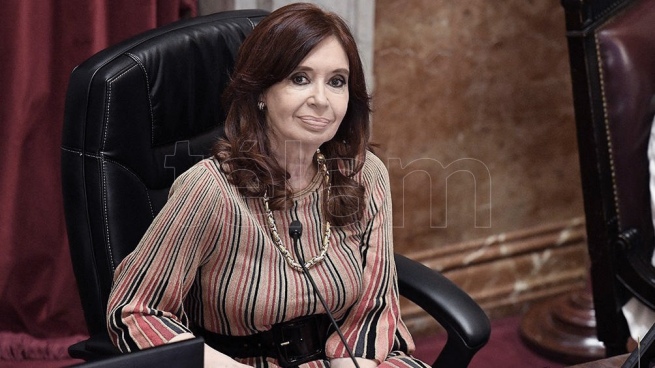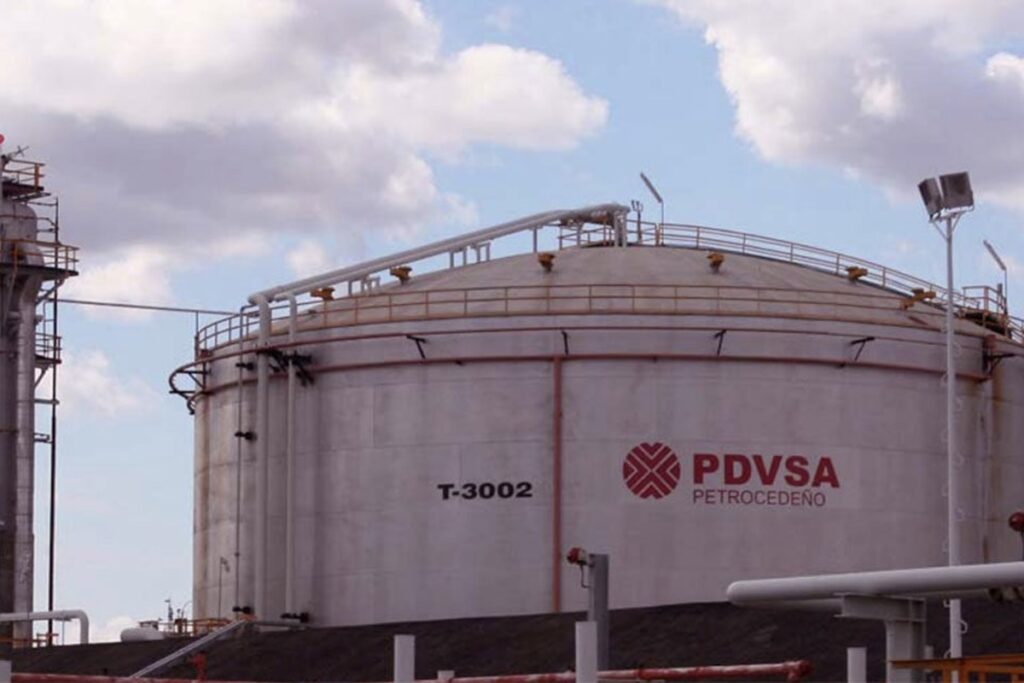Federal judge Julián Ercolini dismissed Vice President Cristina Fernández de Kirchner, former officials of her government and a hundred businessmen in part of the investigation for alleged “cartelization” of public road works, opened as a derivation of the so-called “notebooks” case .
At a resolution of 98 pages to which Télam had access this Tuesdaythe first instance judge considered that “despite the profuse investigation carried out, it was not possible to establish the responsibility of the defendants in the events” that were investigated in this part of the case, linked to some alleged illegal payments mentioned by the “repentant” financier, Ernesto Clarens.
Ercolini overruled in this part of the case to the Vice President, the former Minister of Federal Planning Julio De Vido, the former Secretary of Public Works José López and Clarens, in addition to a hundred construction businessmen, among whom are Juan Chediak, Aldo Roggio, Eduardo Eurnekian, Cristóbal López and Fabian De Sousa.
This investigation was opened as a derivative of the central cause through the notebooks of the taxi driver Oscar Centenowhich has already been sent to trial and is in the preparation stage before the Federal Oral Court 7.
The TOF7 is also preparing for the trial the other part of the case for “cartelization” of public works in which there are confirmed prosecutions.

“When the time has come to resolve in the proceedings, and given that the investigative stage has been exhausted, at least in relation to those accused in the events developed in this section, in the absence of measures pending production, it is that I will dictate dismissal” Ercolini added.
In the case of entrepreneurswere linked “substantially” as “owners, authorities or employees of certain companies whose only link to the cause is their mention in some of the lists issued by official bodies (from the DNV or the Energy Secretariat), plus the companies They were not mentioned in lists, nor annexes; nor by witnesses, nor repentant”, he pointed out.
The new evidence incorporated into the case when the investigation was deepened by order of the Buenos Aires Federal Chamber, which had ruled the lack of merit, “shed no light regarding the intervention of those named in the aforementioned events.”
In the same resolution, Ercolini prosecuted the defendant Gustavo Dalla Tea, from the CPC company, for alleged “active bribery.”
















